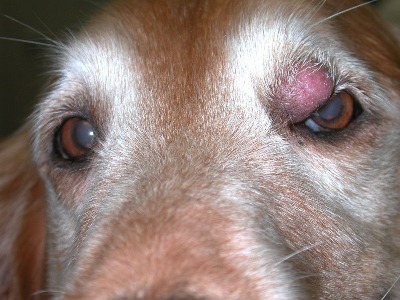New RVC VetCompass study published highlights major breeds diagnosed with Mast Cell Tumours in dogs
A recent study just published in Canine Genetics and Epidemiology highlights a relatively frequent diagnosis of Mast Cell Tumours (MCT) in practice attending dogs within the VetCompass Programme.
Based on data from over 168,000 dogs attending VetCompass participating practices, 453 dogs were diagnosed with MCT giving an approximate prevalence of 0.27%. The study highlighted Boxers, Pugs and Staffordshire bull terriers in particular at being at increased odds of a diagnosis relative to crossbred dogs. Interestingly no major sex association was detected.

The study findings can aid practicing vets in their diagnosis of the disorder as well as advise their clients as to the breeds most likely to be diagnosed with MCT. Prof David Church commented "...this publication is an exciting addition to the VetCompass fold and continues to demonstrate the huge value of big data to veterinary practice. VetCompass now holds data on over 1.5 million animals and 10.5 million episode of care and increasingly allows objective evaluation of a broad spectrum of companion animal conditions relevant to practising vets… Dr Dave Brodbelt added "… these findings and the breed related prevalence data published in this study are a valuable addition to the knowledge base for MCTs in particular and further aid the practice of evidence based veterinary medicine in general..."
Shoop, SJ; Marlow, S; Church, DB; English, K; McGreevy, PD; Stell, AJ; Thomson, PC; O'Neill, DGO; Brodbelt, DC. (2015)
Prevalence and risk factors for mast cell tumours in dogs in England. Canine Genetics and Epidemiology 2:1
You may also be interested in:
-
New RVC study reveals how dragonfly wings can inform engineering and robotics
A new study led by the Royal Veterinary College (RVC) and Imperial College London has revealed how …

